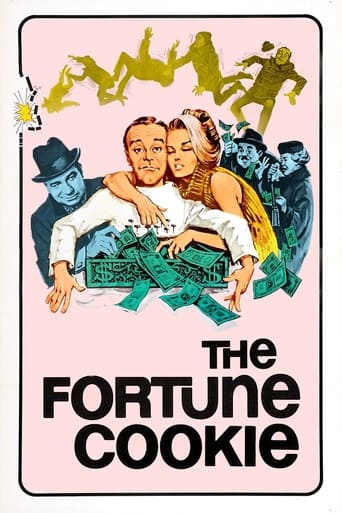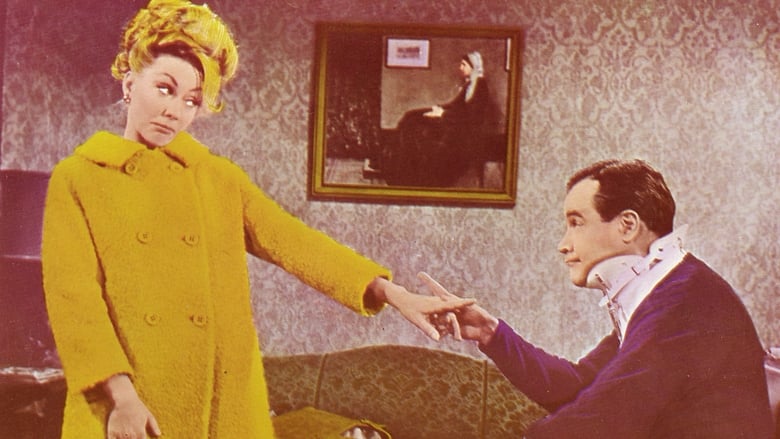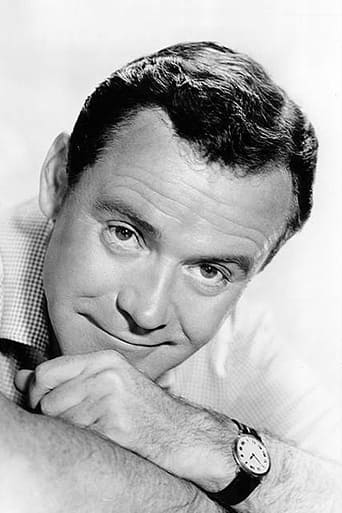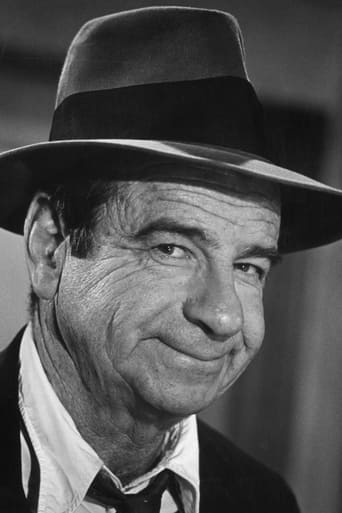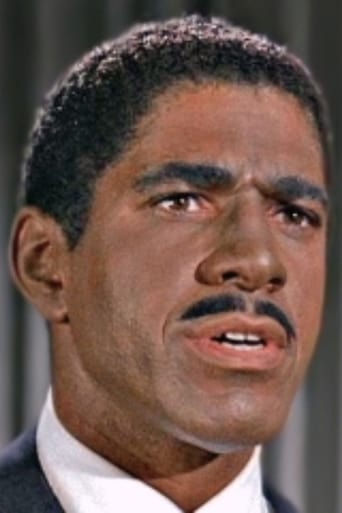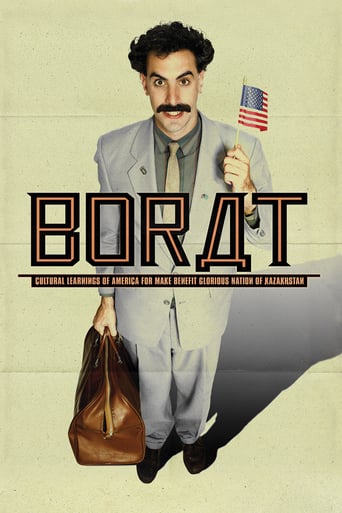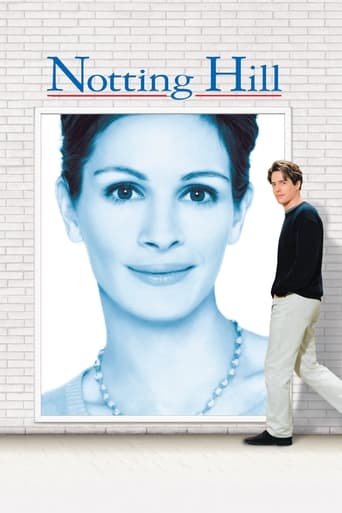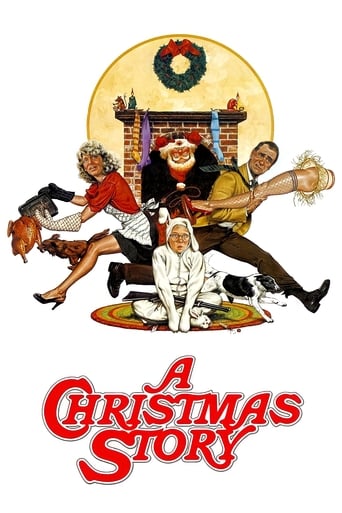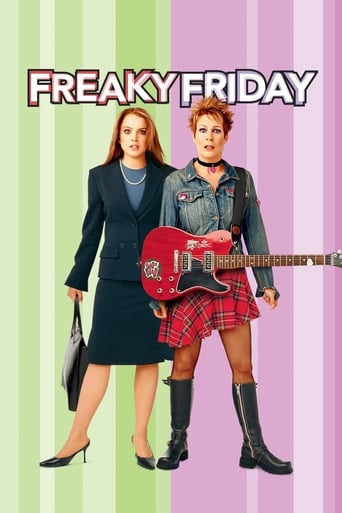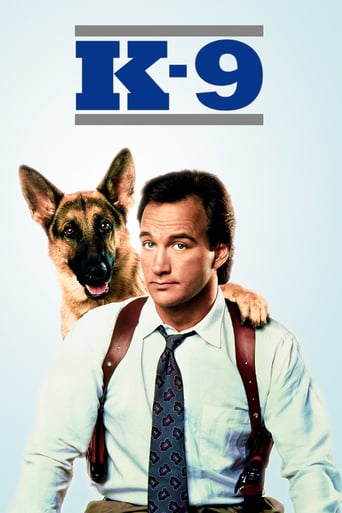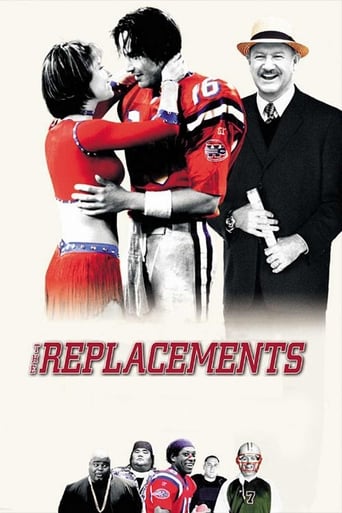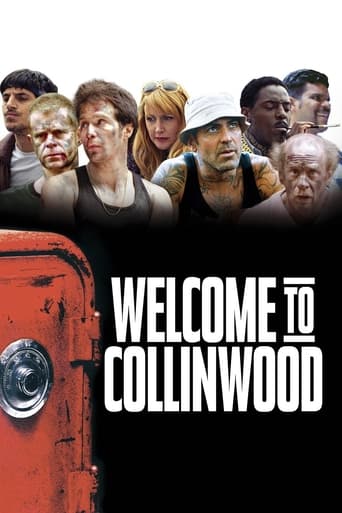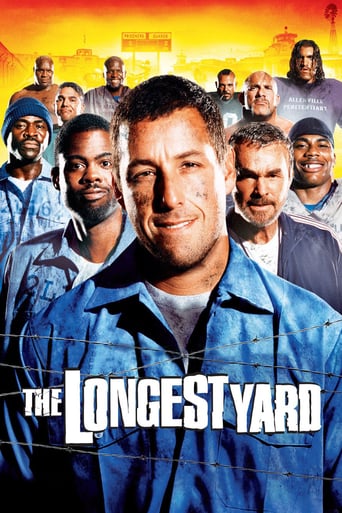The Fortune Cookie (1966)
A cameraman is knocked over during a football game. His brother-in-law, as the king of the ambulance-chasing lawyers, starts a suit while he's still knocked out. The cameraman is against it until he hears that his ex-wife will be coming to see him. He pretends to be injured to get her back, but also sees what the strain is doing to the football player who injured him.
Watch Trailer
Free Trial Channels
Cast


Similar titles
Reviews
Clever and entertaining enough to recommend even to members of the 1%
It's an amazing and heartbreaking story.
It's simply great fun, a winsome film and an occasionally over-the-top luxury fantasy that never flags.
Yes, absolutely, there is fun to be had, as well as many, many things to go boom, all amid an atmospheric urban jungle.
Favorite movie quote - "Marriage is like being in the army. Everyone knocks it, but you'd be surprised just how many guys choose to re-enlist." Yes. The Fortune Cookie (from 1966) may have been noticeably overlong at 2 hours & 6 minutes, but, for the most part, it was a surprisingly engaging, little comedy that was clearly power-driven by Walter Matthau's over-bearing, dry-witted performance as the cynical, All-American, shyster-lawyer, Willie "Whiplash" Gingrich.When Willie's brother-in-law, Harry Hinkel (cameraman for CBS) is accidentally knocked over a barricade by the 220 lb. halfback Boom-Boom Jackson and rendered unconscious during an action-packed football game between the Cleveland Browns and the New York Giants, Willie cries "Foul Play!" Without missing a single beat, Willie cleverly convinces the reluctant Harry to feign a crippling spinal injury following his collision with Boom-Boom. And together these 2 greedy charlatans make big plans to split a cool million in phony insurance claims.But, as anticipated, nothing of this sort ever goes as planned. And when Harry cracks open a fortune cookie whose ominous message reads - "You can't fool all of the people all of the time."- This, like a sudden turn of fate, serves as the writing-on-the-wall for the outcome of this seemingly fool-proof scam.Filmed in stark b&w, The Fortune Cookie was directed by Billy Wilder whose other notable films include such titles as Some Like It Hot, Sunset Boulevard and Double Indemnity.
......and not for the better, either. Movie NOT recommended for anyone under fifty, (I'll tell you why in a minute.).Showing my age here, but I saw this movie in 1966 with my parents. Believe it or not, the premise of this movie was a COMEDY in 1966. I mean, suing the NFL and the City of Cleveland cause a cameraman got knocked down by a running back? A lawsuit like this was considered OUTLANDISH in those days, which was why the picture was almost unbelievable in the 1960s. Nowadays it would considered routine, and that's why no one under 50 should see this film- they'd say, "What's wrong with that?" Great acting by Matthau, almost every line hysterical.Always a pleasure to watch, again and again........
Whereas these days a successful movie series means endless spin-offs and sequels, there was a time when there were brilliant creative teams who got together time and again, producing a kind of motion picture brand that you could trust. The series of comedies written by Billy Wilder and I.A.L. Diamond, directed by Wilder and (many of them) starring Jack Lemmon are such neat works of professionalism and congruent talent that during their heyday in the 1960s they provided a guarantee of smoothly intelligent yet undemanding entertainment.Billy Wilder had one of the most apparently laid back directorial styles of his era. He barely moves the camera, and his shots tend last as long as is practical. But within this fixed frame he juggles everything with expertise. He uses the cinemascope ratio to keep various elements on the screen – for example the camera and microphones which keep stealing into shot as a reminder of the private eyes that are bugging the flat. This idea of keeping things in view without making them centre of attention also applies to Wilder's presentation of comedy. There's a great example where Walter Matthau is on the phone at one edge of the frame, while the rest of the screen reveals the interior of his home. His children skate around while his wife prepares dinner, which culminates in an incidental gag, punctuating the scene, while Matthau's phone conversation remains what the scene is about. This is very much Wilder's way – not to make the jokes leap out at you but to weave them into the background, noticeable but never forced.Lead man Jack Lemmon was by now a familiar piece of Wilder furniture, and you can see why. He has a slightly exaggerated look, with a duck-like face and a manic way of moving, and yet he can also "do normal" and convince us that he is an everyman. Still, this time around he is upstaged by an exuberant Walter Matthau. There are many great facets to Matthau's performance – his sudden overt gestures, his ability to move his hat as if it were part of his body, the way he paces around, managing to get closest to the camera as his voice reaches a bizarre crescendo or his facial expression is at its most absurdly comical. However I think what really makes him fit in here is the way, although he gets all the funniest lines, he doesn't show them off, simply delivering them as if they were the natural thing for his character to say, which of course makes them all the funnier. It's also a lot like Wilder's style of weaving the comedy into the narrative material rather than hammering the jokes home.But what about this narrative material, sharply scripted by Wilder and Diamond? The Fortune Cookie is ostensibly about an insurance scam, but gradually the friendship between Jack Lemmon and the football player who accidentally injured him emerges as the main story arc. It's almost like a love story between two men. I'm not implying anything homoerotic here, simply that the story is structured like a romance with a friendship taking the place of the love angle. The fact that Boom Boom (played by the little-known Ron Rich) is black is not drawn attention to or made an issue of, and this is rather interesting. This picture was made at the height of the civil rights movement, but it is not making an overt point about race, nor is it even a political picture. But it works as a nicely harmonious accompaniment to what was going on in the streets at the time. Wilder comedies could calmly cover areas other pictures couldn't even touch without making a mess.
A greedy lawyer convinces his cameraman brother-in-law to sue after the latter is inadvertently hit by a football player while filming an NFL game. In the first of several films to pair Lemmon and Mathau, the actors play roles typical of their collaborations, with the former a decent, neurotic fellow and the latter a shyster. After "The Apartment," Wilder never quite achieved the success he experienced earlier in his great career as he was churning out one classic after another. This is a product of his declining years - not bad but not very funny either and far too long for a comedy. Whatever happened to West, the attractive actress who plays Lemmon's ex-wife?

